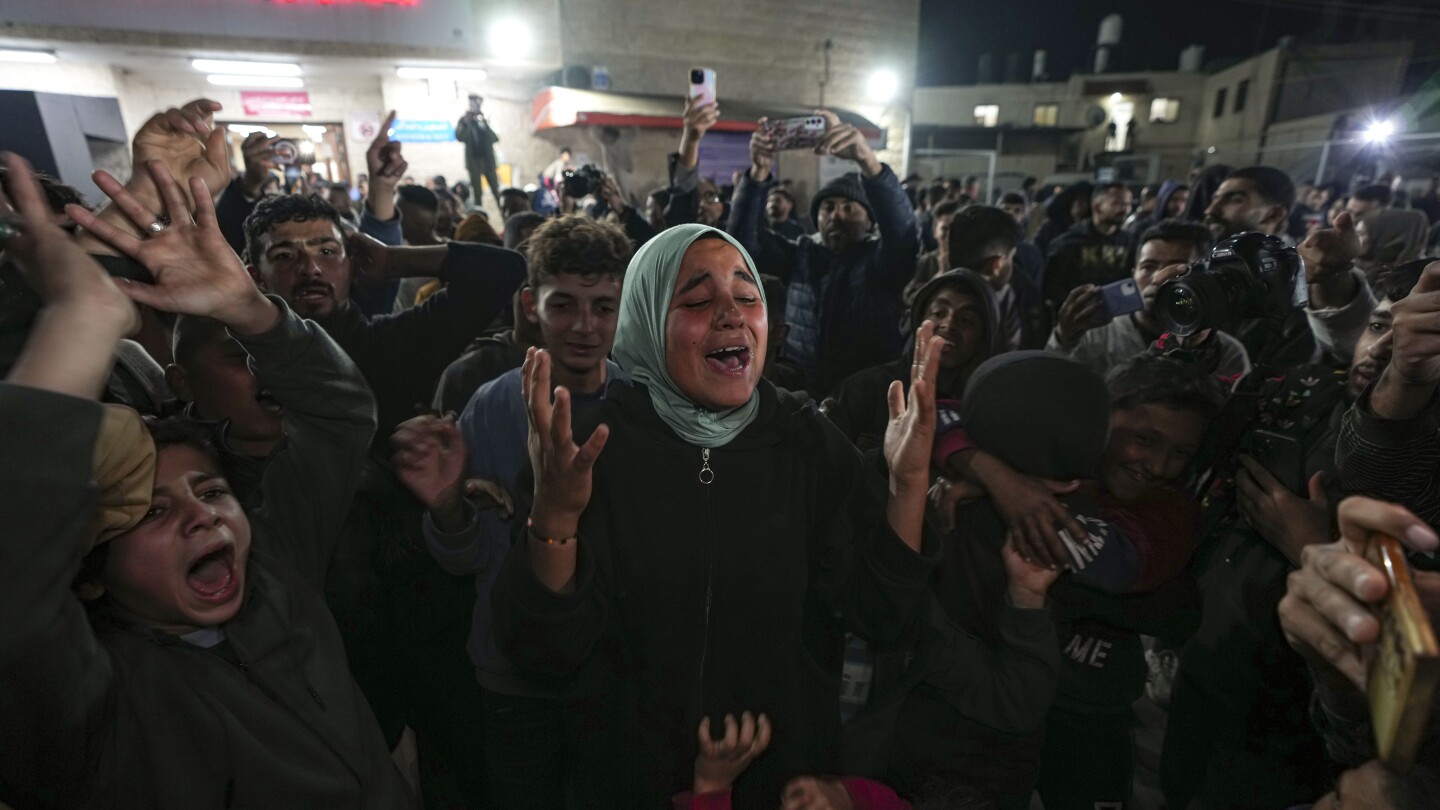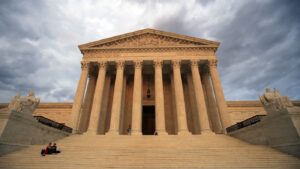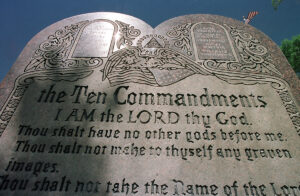After months of devastating conflict, a breakthrough ceasefire deal between Israel and Hamas has been reached through intensive diplomatic efforts in Qatar. The agreement, set to begin Sunday, paves the way for the release of dozens of hostages and marks the first major pause in the 15-month war in Gaza.
Details of the ceasefire agreement
Qatar’s Prime Minister Sheikh Mohammed bin Abdulrahman Al Thani announced the deal from Doha, where negotiators worked through several last-minute challenges. According to a senior U.S. official involved in the talks, the first group of hostages could be freed as early as Sunday when implementation begins.
The agreement came after four days of intensified negotiations, with U.S. and international mediators working closely with both sides. U.S. officials, including Biden’s Mideast adviser Brett McGurk and Trump’s envoy Steve Witkoff, coordinated efforts in Doha alongside Qatari and Egyptian negotiators.
Political response and credit claims
President Joe Biden attributed the breakthrough to “dogged and painstaking American diplomacy,” stating that he had outlined the framework in May 2024. Meanwhile, President-elect Donald Trump claimed on Truth Social that the deal resulted from his November election victory, writing: “This EPIC ceasefire agreement could have only happened as a result of our Historic Victory in November.”
Impact on hostage families
For families of the hostages, the announcement brings cautious hope tinged with anxiety. “These days are horrible for us,” said Yafit Zailer, whose relatives – the Bibas family including two small children – are among those held captive. “I want to know already if they’re coming back.”
The families of seven American hostages expressed gratitude while urging all parties to maintain their commitment: “The coming days and weeks will be just as painful for our families as the entirety of our loved ones’ horrific ordeals.”
Reaction in Gaza
In Gaza’s Khan Younis, celebrations erupted with crowds cheering and cars honking their horns. However, displaced Palestinians expressed mixed emotions about returning to devastated areas. As one displaced woman, Kifaiya Al-Attar from Beit Lahiya, noted: “We would ululate as we go back home safely, but our homes have been bombed and everything is gone. Where do we go?”





